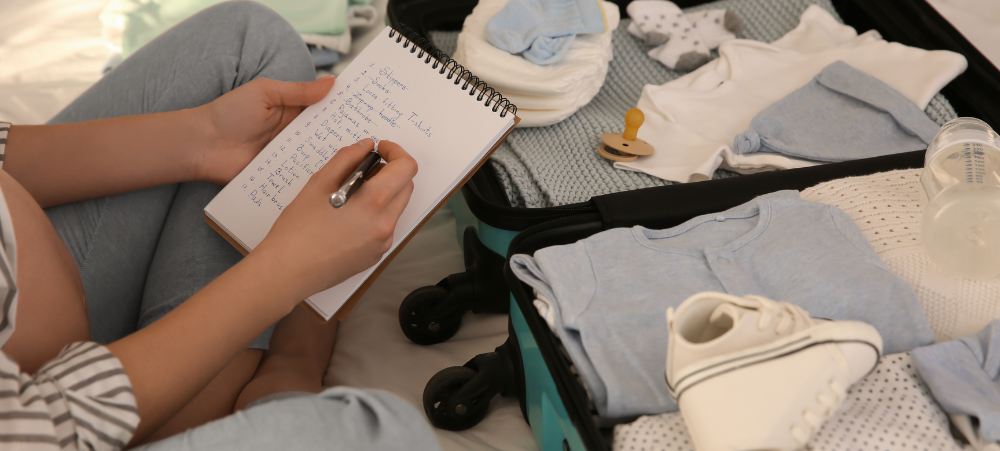Since the announcement of the 1% Value Added Tax (VAT) increase by the Minister of Finance last month, there has been much debate around its impact on consumers and just how this will affect the money left in their pockets at the end of the month. With the revised general fuel levy, it’s clear that consumers will have to tighten their belts and adhere to stricter budgets.
The rising costs of healthcare
One area of concern is the cost of private medical aid and VAT. For years increasing healthcare inflation and economic pressures have been a challenge for the healthcare industry. ‘The reality is that when consumers are struggling, medical aid, which is essentially a grudge purchase, is often viewed as unaffordable,’ says Gerhard Van Emmenis, Principal Officer of Bonitas Medical Fund. ‘In addition healthcare costs are not regulated which is why it is crucial for medical aid schemes to continue to explore ways to contain costs without compromising the level of health care offered to members.’
Members’ contributions
However he says there is some good news regarding VAT and medical aid because the 1% increase will not impact monthly contributions or annual benefits. ‘Many members are confused as to whether VAT is payable on medical aid contributions but let me reassure you it is not,’ says Van Emmenis. ‘The VAT increase will have no effect on members directly and what they pay every month. Medical aid contributions for 2018 are already set and Bonitas will not increase contributions mid-year to accommodate the change in VAT. So, while the increase in VAT may influence the price of services, it will not impact benefits.’
Van Emmenis says: ‘If your plan covers you at 100% of a Scheme’s Rate, you are still covered at 100% of that rate, no matter what the cost to the Scheme because the Scheme will absorb the VAT when paying for member’s benefits. The only impact is when it comes to savings and day-to-day benefits with members having a 1% lower buying power.’
The Council for Medical Schemes
In fact changing contributions in the middle of the year can only be done with the permission of the Council for Medical Schemes following a request from the Trustees of the medical scheme. This is a rare occurrence and most schemes generally put through contribution increases in January each year.
The law
He adds that VAT is never the property of any private entity but belongs to the Government. ‘We are therefore only vendors that collect the monies on their behalf. From April 1, Bonitas will increase the VAT to all providers of the Scheme by 1%. However, although this will have a direct impact on the budget of the Scheme for 2018 it will be absorbed by operational surpluses and not passed on to members.’
Tax credits
One positive announcement out of the budget speech regarding medical aid was around tax credits.
‘Medical tax credits are effectively used as an ‘expense’ when calculating tax and reduces the amount of tax payable by a household belonging to a medical aid,’ says Van Emmenis. ‘There are eight million people who rely on these credits to make medical aid more affordable. Speculation was rife that the tax credit would be removed but it is a relief that private medical aid members have some reprieve.’
Conclusion
The bottom line: The 1% VAT increase and the additional 52 cents general fuel levy will have a knock-on effect for South African consumers, things will cost more. However, it will not affect monthly medical aid premiums or member benefits although it will have an indirect impact in terms of healthcare services being more expensive, which will reduce buying power.
For 2025 we have a renewed Female Health Programme:In collaboration with CareWorks, it’s accessible to all female members aged 18 and above, with an emphasis on preventative care and early detection of female-specific health issues. In addition, we have an enhanced Maternity Programme to support expecting mothers. This includes early identification of and weekly engagement for high-risk pregnancies, post-childbirth care and associated mental health follow-up calls for new mums, given the prevalence of pre and postnatal depression. Also, milestone reminders for children under 3 and cover for antenatal vitamins through savings, day-to-day benefits or the Benefit Booster
Bonitas Medical Fund
0860 002 108
View Website: www.bonitas.co.za
- Don’t wait until it’s too late: Making mental health benefits work for you - October 22, 2025
- What is HELLP? - October 20, 2025
- Due soon?What to include in your hospital bag - October 13, 2025





